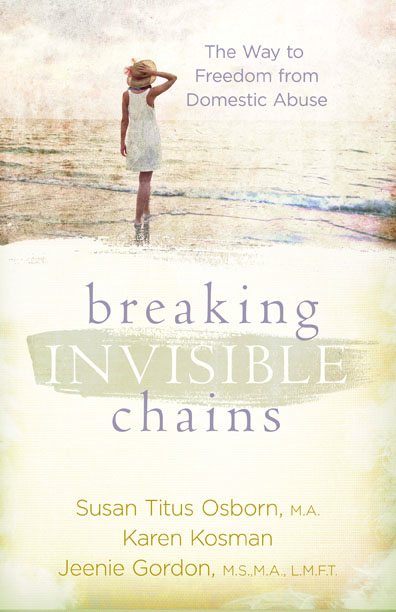Here are pitfalls 13-16. Next week you will be given pitfalls 17-20 to avoid. Watch for these pitfalls to help you improve your writing.
- Watch for Christian Clichés
Don’t use Christian jargon that pigeonholes you into one market. Examples are: “washed in the blood” or “born-again Christian.” Try to avoid any terms that are not found in the Bible. You will find “born again” in the Bible, but you won’t find “born-again Christian.”
Christianese keeps you from crossing over into denominations other than your own. More importantly, its use keeps you from being effective with non-Christians. Non-Christians will often pick up a Christian magazine or book, especially when they are dealing with a problem. Your writing may be able to reach out and touch these individuals and perhaps bring them to Christ. Write so they can understand your words.
- Watch for any Clichés or Jargon
Avoid clichés like the plague, and don’t be caught dead using them. They are old hat and will bore your audience to tears. Likewise, don’t use shoptalk or jargon only understood by one segment of the population such as legalese and medical terms.
15. Watch for Humdrum Verbs
Use action verbs. The verb is the most important part of the sentence. It moves the reader along. For instance, look at the dynamic verbs for movement starting with S: Strut, skip, slink, smash, stomp, slither, stumble, stagger, sashay, swagger, step, stalk, straddle, slip, sneak, steal, slide, shadow, stamp, skid, and stride. Aren’t these more exciting than “walk”? Use dynamic, descriptive verbs.
Use onomatopoeia, words that imitate sounds. These are especially effective when writing for children. Young children love to say words that sound like what they are: Splish, splash, whirl, crash, crunch, smash, toot toot, whee whee, growl, and buzz are examples. Plus, they are all dynamic verbs.
16. Watch for Passive Voice
Keep your sentences in the active voice with the subject doing the acting rather than being acted upon. “The car slammed into the man” is more powerful than “The man was hit by the car.” This keeps the readers involved in what is happening.


